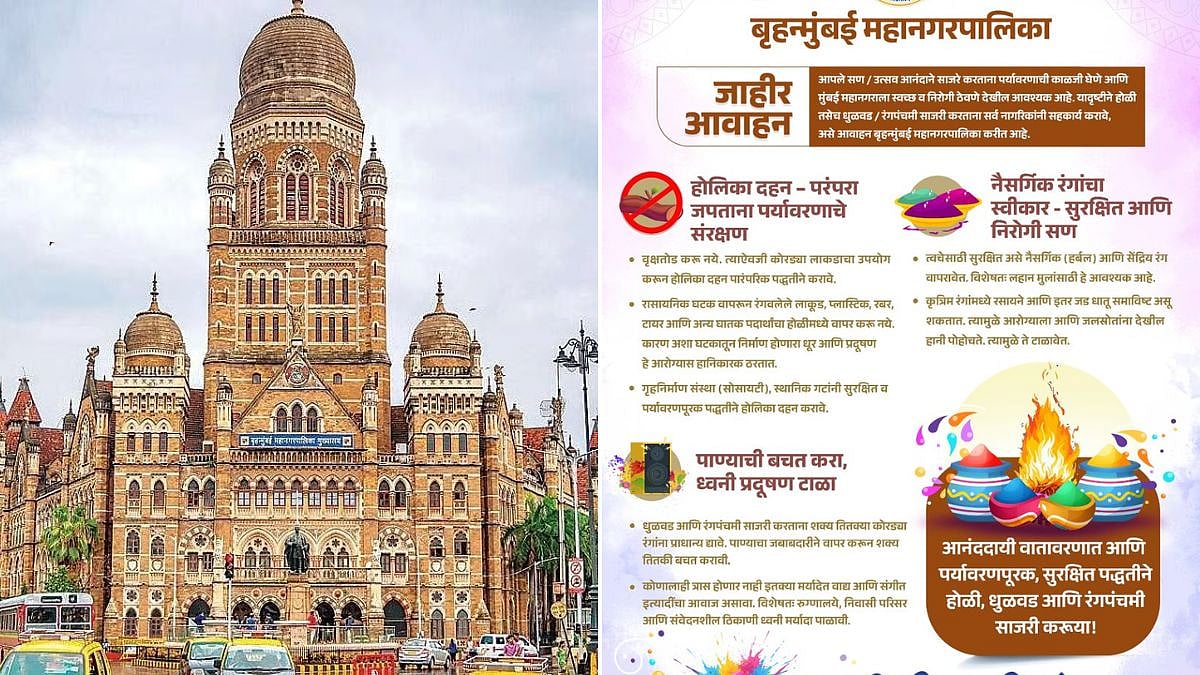Imagine a world where environmental responsibility and economic prosperity go hand-inhand for farmers. In Miryalguda, Telangana, Ravi's (name changed) story vividly illustrates the profound impact of the Bayer Rice Carbon Program. Through his transition from traditional continuous flooding practices to climate-friendly Direct-Seeded Rice (DSR) with the program's support, Ravi has not only achieved significant improvements in water efficiency but also witnessed a notable reduction in cultivation costs. His journey epitomizes a larger agricultural revolution sweeping across India, propelled by the program's unwavering commitment to sustainable practices.
This transformation is propelled by a powerful market force: the carbon market. Companies, increasingly committed to aligning with international agreements like the Kyoto Protocol, Paris Agreement and aiming for net-zero emissions, are turning to this marketplace to offset their emissions. Here's how it works: the carbon market allows trading of "carbon credits," each representing the reduction or removal of one tonne of CO2 or its equivalent. Companies like Bayer leveraging the burgeoning potential of the carbon market, incentivize farmers to adopt sustainable practices that reduce greenhouse gases. These reductions are verified and converted into tradable carbon credits, generating revenue to sustain programmatic activities such as training, handholding support, and farmer incentives, all while contributing to environmental goals.
This article delves into the transformative potential of climate-friendly practices like Alternate Wetting & Drying (AWD) or DSR, examining their impact on farmers' livelihoods and underscoring the indispensable role of on-the-ground support in challenging traditional mindsets. Initiatives such as Bayer Rice Carbon Program serve as a beacon of hope, showcasing the capacity to revolutionize Indian agriculture by generating high-quality carbon credits. Can Ravi's success story inspire others? Dive into this exploration of the Bayer Rice Carbon Program's promise for a greener future.
Food Security vs. Climate Change: A Delicate Balance
'While agriculture is vital for food security, it also contributes significantly to greenhouse gas emissions, creating a complex global challenge. Rice cultivation sits at the heart of this issue. Essential for feeding the world (contributing 11% of global food system emissions in 2020), it's a major source of greenhouse gases, particularly methane, which has a high global warming potential (GWP) of 28 according to IPCC AR5. This challenge is particularly acute in India, the world's second-largest rice producer (196.25 million tonnes in 2022) with a high dependence on rice. Exacerbating the situation, water-intensive rice farming consumes over 30% of the world's freshwater, straining supplies for millions lacking safe drinking water. With a projected global population of 10 billion by 2050 requiring a 25% increase in rice production, there's an urgent need for a climate-friendly revolution in rice cultivation.
Bayer Rice Carbon Program: A Win-Win Solution
The Bayer Rice Carbon Program tackles these challenges head-on. This innovative initiative promotes climate-smart techniques like Alternate Wetting and Drying (AWD) and Direct Seeded Rice (DSR), aiming to revolutionize rice management practices. These methods not only enhance water efficiency but also significantly reduce methane emissions, addressing critical environmental concerns while ensuring food security. As a beacon of progress, this live, scalable endeavour signifies more than mere innovation; it represents a profound shift toward sustainable agricultural practices. Covering approximately 10,000 hectares in its initial phase and a cumulative total of around 45,000 hectares in the ongoing phase across 11 states, this initiative signifies a crucial step towards a greener future ensuring food security while safeguarding the environment, perfectly aligning with global Net-Zero goals.
The Bayer Rice Carbon Program is built on a foundation of robust pillars for long-term success. A well-defined project design aligns with multiple Sustainable Development Goals (SDGs) to guarantee lasting impact. It prioritizes data-driven transparency through real-time monitoring and stringent Total Quality Management (TQM) protocols, ensuring the credibility and authenticity of emissions reduction efforts. Real-time monitoring, stringent quality control measures, and independent verification ensure the credibility of emission reductions, leading to verifiable carbon credits. Furthermore, the program prioritizes community empowerment, fostering collaboration and co-benefits for farmers and local communities, thereby promoting a holistic approach to sustainability.
Leveraging Local Networks for Efficient Outreach
The Bayer Rice Carbon Program employs a systematic approach, collaborating with local grassroots organizations to effectively engage and empower farmers. These partners, with their extensive agricultural knowledge and community ties, help identify suitable farmers and integrate the program into existing support systems. Selected farmers receive thorough training and ongoing assistance over a 10-year period. A digital MRV (Measurement Reporting Verification) application ensures transparency and provides valuable insights, empowering farmers as they transition to sustainable rice cultivation practices.
Securing Quality for Credible Climate Action
In the dynamic carbon market landscape, the quality of carbon offsets is pivotal for credible climate action sustainably within this market.The Bayer Rice Carbon Program aligns with this ethos, prioritizes quality throughout its entire lifespan to ensure program effectiveness and credibility at every step. Rigorous quality assurance, robust management systems, and meticulous SOPs guide every step, from farmer engagement to credit issuance. This approach minimizes errors and ensures trustworthy credits. The sale of these credits not only funds program implementation but also incentivizes farmers financially. This dual benefit, along with program support, facilitates widespread adoption. By marrying environmental stewardship with economic benefits for farmers, the Bayer Rice Carbon Program embodies a paradigm shift in sustainable agriculture. Through innovative cultivation practices, community engagement, and unwavering quality control, the program paves the way for a greener and more resilient agricultural future.





